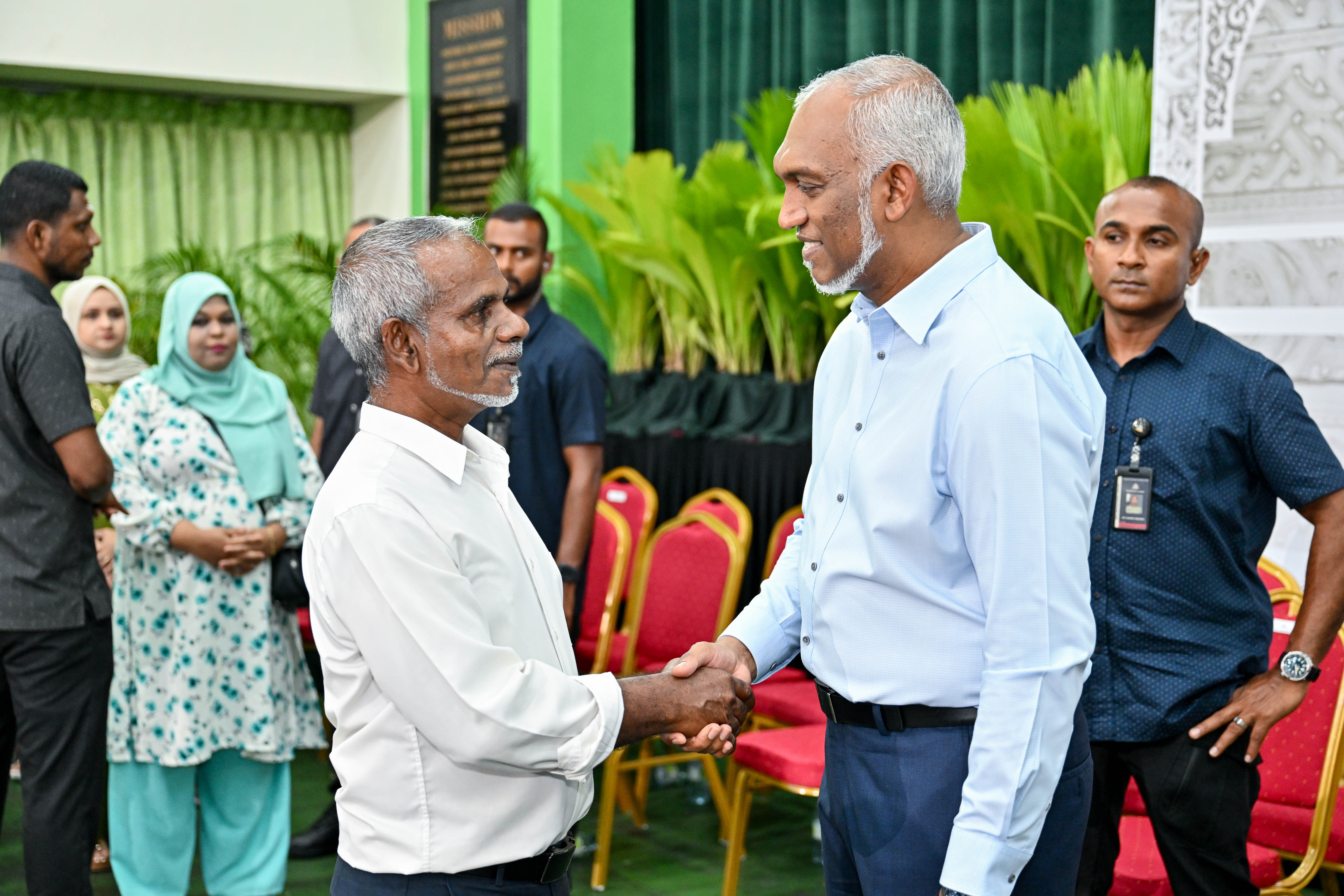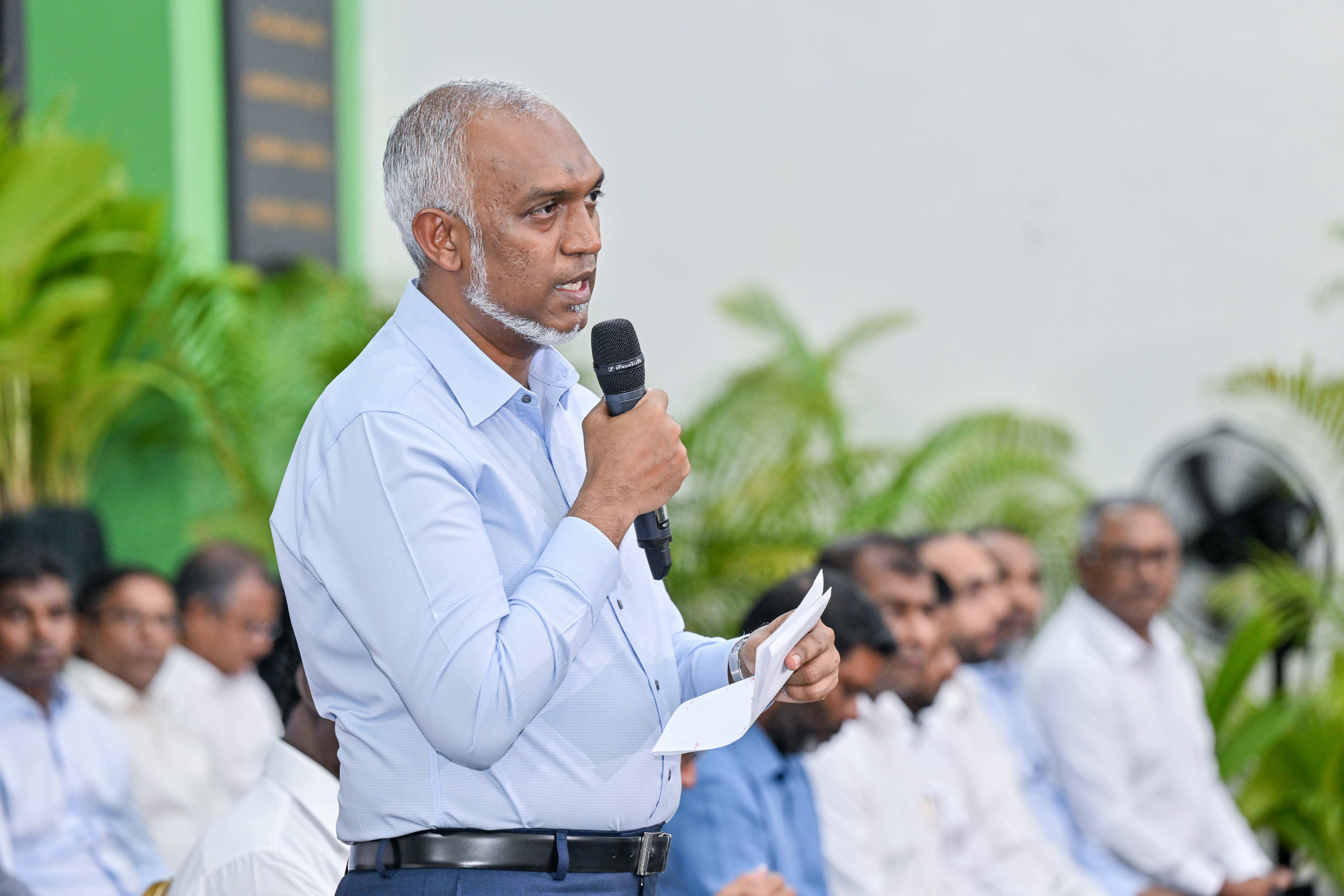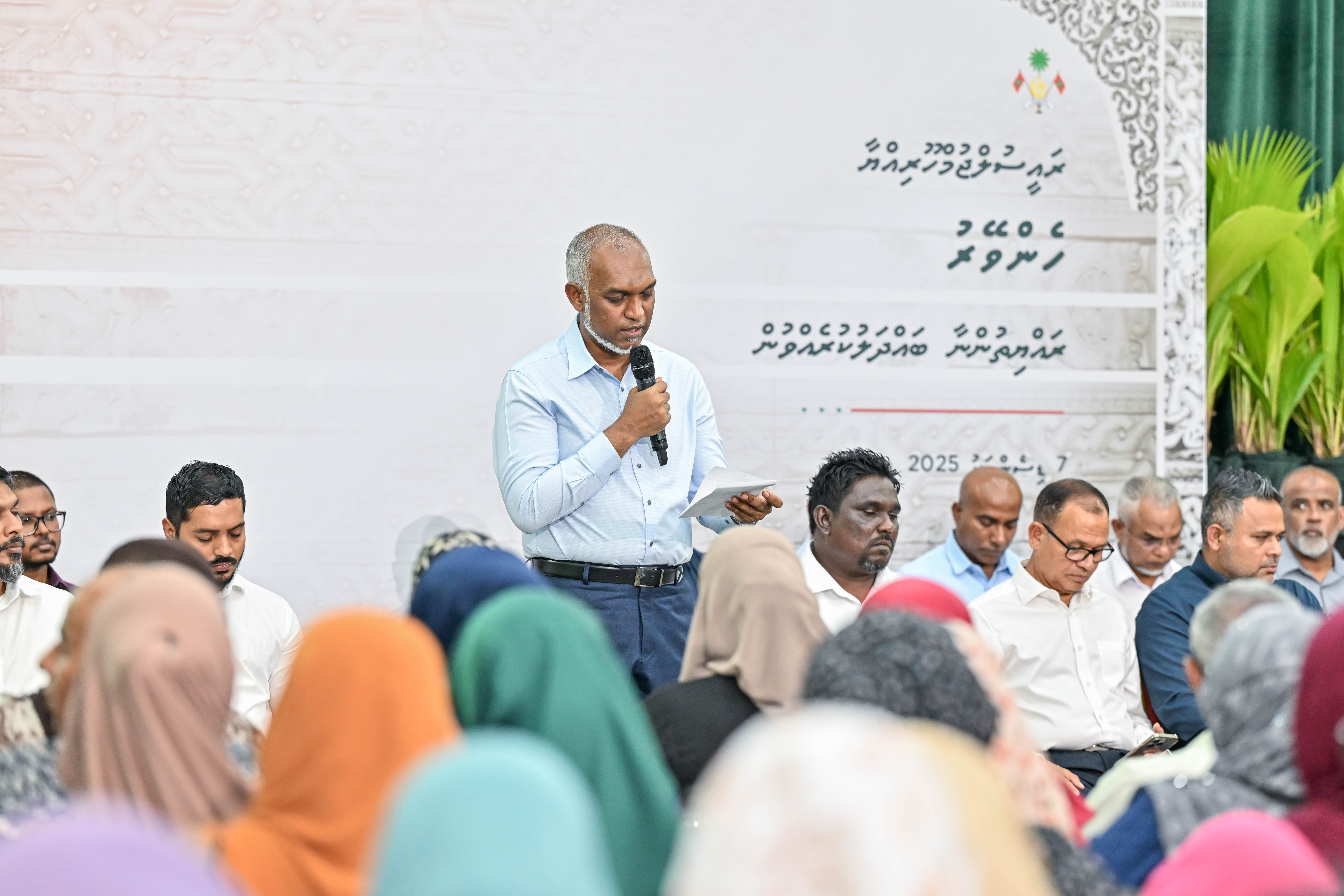South Korea has taken decisive action to suspend the medical licenses of 4,900 junior doctors who have participated in a widespread walkout to protest government medical training reforms. The walkout, which commenced on February 20, has caused significant disruptions to healthcare services across the nation, prompting Seoul to mobilize military medics and allocate millions of dollars in state reserves to mitigate the crisis.
The dispute stems from government plans to increase the number of doctors significantly, citing the need to address shortages and accommodate South Korea's rapidly aging population. However, junior doctors argue that such reforms will compromise service quality. Despite government orders to return to work and threats of legal action, nearly 12,000 junior doctors, comprising 93 percent of the trainee workforce, have remained absent from hospitals.
In response to the ongoing walkout, the Health Ministry has initiated suspension procedures by sending administrative notifications to the defiant trainee doctors. Chun Byung-wang, director of the health and medical policy division at the ministry, disclosed that notifications have been issued to more than 4,900 trainee doctors as of March 8. The government has warned that doctors participating in the strike face a three-month suspension of their licenses, significantly delaying their path to specialization.
While urging the striking medics to return to their patients, Chun emphasized the government's commitment to dialogue and willingness to address concerns raised by the medical community. Last week, the government announced measures to improve pay and working conditions for trainee medics, as well as a review of the continuous 36-hour work period, a key grievance of junior doctors.
The strikes have resulted in canceled surgeries, prolonged wait times, and delayed treatments at major hospitals, underscoring the urgency of resolving the impasse between the government and junior doctors. As South Korea grapples with this healthcare crisis, efforts to find a resolution and restore normalcy to healthcare services remain paramount.
The dispute stems from government plans to increase the number of doctors significantly, citing the need to address shortages and accommodate South Korea's rapidly aging population. However, junior doctors argue that such reforms will compromise service quality. Despite government orders to return to work and threats of legal action, nearly 12,000 junior doctors, comprising 93 percent of the trainee workforce, have remained absent from hospitals.
In response to the ongoing walkout, the Health Ministry has initiated suspension procedures by sending administrative notifications to the defiant trainee doctors. Chun Byung-wang, director of the health and medical policy division at the ministry, disclosed that notifications have been issued to more than 4,900 trainee doctors as of March 8. The government has warned that doctors participating in the strike face a three-month suspension of their licenses, significantly delaying their path to specialization.
While urging the striking medics to return to their patients, Chun emphasized the government's commitment to dialogue and willingness to address concerns raised by the medical community. Last week, the government announced measures to improve pay and working conditions for trainee medics, as well as a review of the continuous 36-hour work period, a key grievance of junior doctors.
The strikes have resulted in canceled surgeries, prolonged wait times, and delayed treatments at major hospitals, underscoring the urgency of resolving the impasse between the government and junior doctors. As South Korea grapples with this healthcare crisis, efforts to find a resolution and restore normalcy to healthcare services remain paramount.


















